These Houseplants Can Promote Better Sleep!
- 17 months ago
Many of us struggle with insomnia or restless nights, leading to decreased productivity and overall well-being. While there are various ways to address sleep issues, one often-overlooked solution lies within the comfort of our homes: houseplants.
Houseplants add a touch of greenery and aesthetic appeal to our living spaces and significantly improve our sleep quality. Research has shown that certain plants have natural properties that can purify the air, reduce stress, and promote relaxation—key factors in achieving a restful night's sleep. In this blog, we'll explore some of the best houseplants to help you sleep better.
Lavender
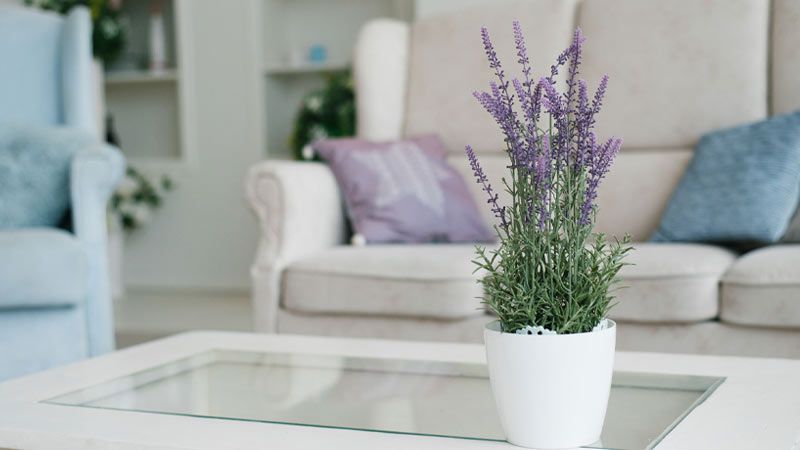
Lavender has long been recognized for its calming and relaxing effects. Its pleasant fragrance reduces anxiety and stress, making it an excellent choice for a bedroom plant. Lavender is known to slow down the heart rate and lower blood pressure, helping you relax and drift into a peaceful slumber. Place a pot of lavender on your nightstand, and you'll enjoy its aromatic benefits.
Aloe Vera

Aloe vera is more than just a handy remedy for soothing sunburns; it's also a fantastic air purifier. At night, this succulent plant releases oxygen, which might enhance the air quality in your bedroom. By providing clean air and maintaining a healthy indoor environment, aloe vera helps you breathe easier and sleep better.
Snake Plant
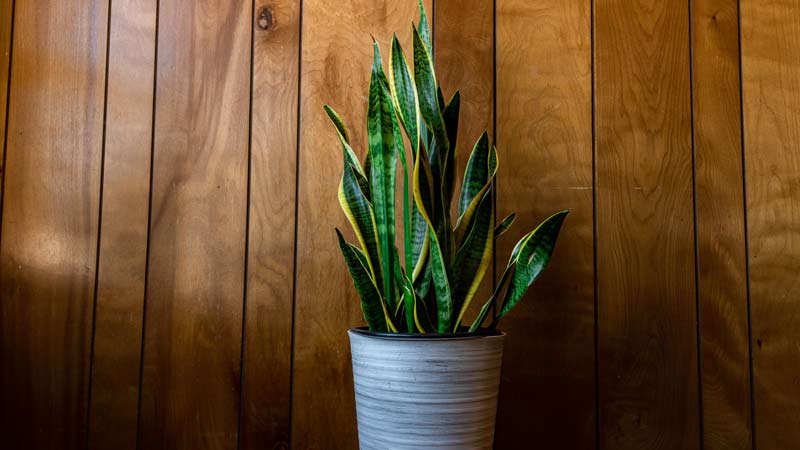
The snake plant, also known as mother-in-law's tongue, is another excellent air purifier. It absorbs toxins and releases oxygen during the night, making it an ideal bedroom companion. Its low maintenance requirements and striking appearance make it a popular choice for those looking to enhance their sleep environment.
Jasmine

Known for its sweet and intoxicating fragrance, jasmine is often used in aromatherapy for relaxation and stress reduction. Research has shown that the scent of jasmine can lead to improved sleep quality and alertness during the day. Consider placing a jasmine plant near your bedroom window or on your bedside table to enjoy its soothing scent.
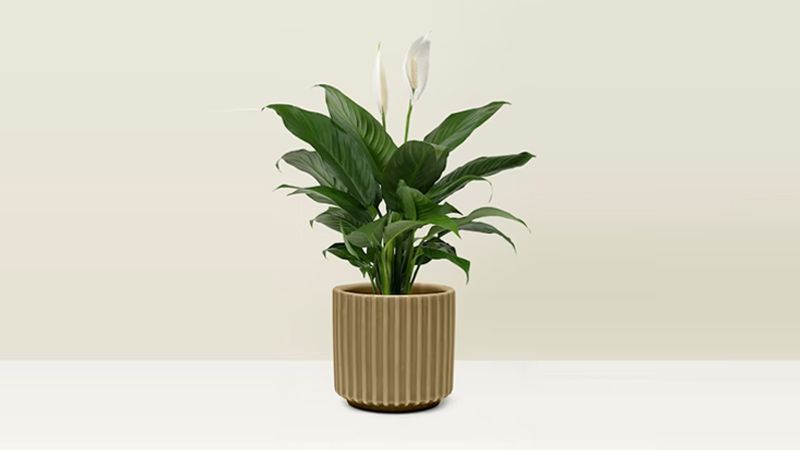
Peace Lily
The peace lily is renowned for its air-purifying abilities and its elegant, white flowers. It can remove common indoor pollutants, such as formaldehyde and ammonia, from the air. This plant contributes to a healthier indoor environment and promotes a sense of calm and well-being.
Valerian
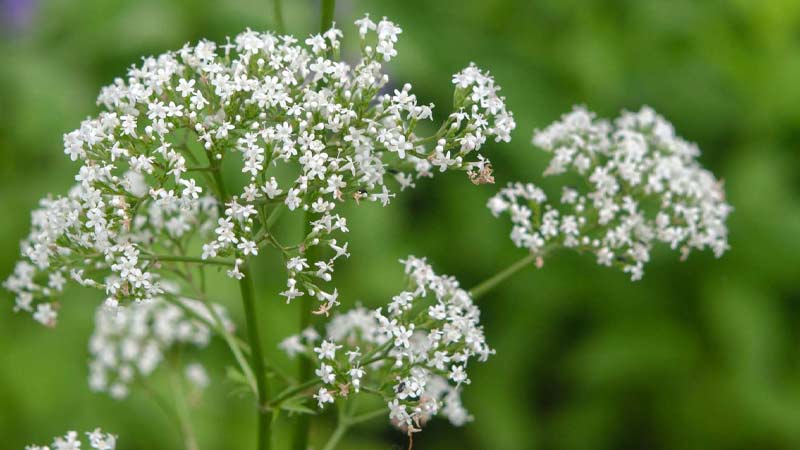
While valerian is not a typical houseplant, it deserves a mention for its remarkable sleep-inducing properties. Valerian root has been used for centuries as a natural remedy for insomnia and anxiety. You can grow valerian in a pot indoors or keep it in your garden if the climate permits. To enjoy its sleep-promoting benefits, try brewing a cup of valerian tea before bedtime.
English Ivy
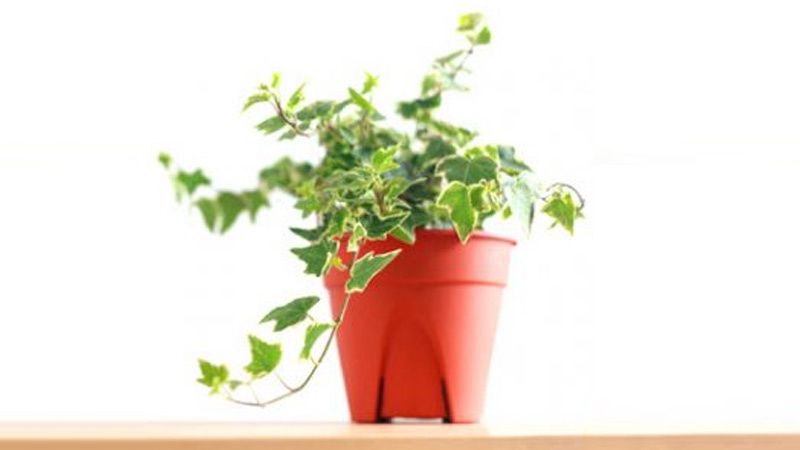
English ivy is another plant that can help improve indoor air quality. It can remove airborne mold, which is beneficial for individuals with allergies or respiratory issues. Cleaner air can lead to better sleep and overall well-being.
Gerbera Daisy
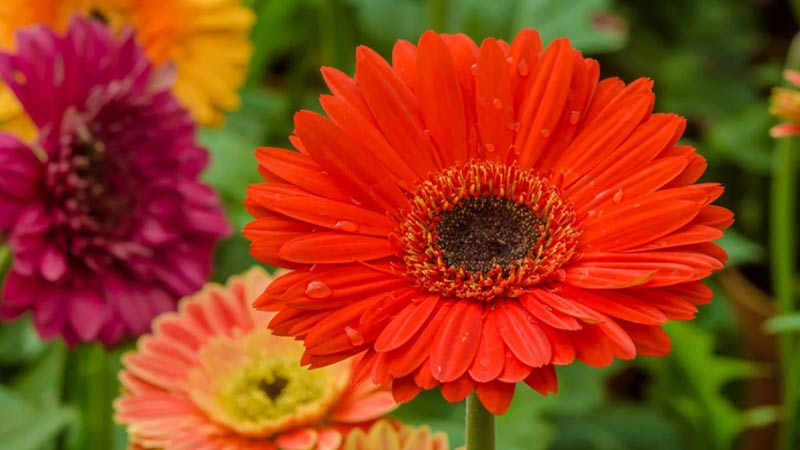
Gerbera daisies are not only visually stunning but also excellent air purifiers. They can remove toxins like benzene and trichloroethylene from the air. Placing a colorful gerbera daisy in your bedroom can brighten your space and improve air quality simultaneously.
Tips for growing houseplants
Now that you know which houseplants can help you sleep better, here are some tips to ensure their success:
- Light requirements: Understand the lighting needs of your chosen plants and place them in suitable locations. For example, lavender and jasmine prefer bright, indirect light, while snake plants and peace lilies thrive in low-light conditions.
- Watering: Overwatering or underwatering can harm your plants. Research the specific care instructions for each plant and establish a regular watering routine.
- Potting mix: Use well-draining potting soil to prevent root rot and ensure healthy growth.
- Humidity: Some plants, like peace lilies and snake plants, benefit from increased humidity. You can use a humidifier or mist the plants to maintain optimal moisture levels.
- Maintenance: Regularly prune and clean your plants to keep them healthy and prevent pest infestations.
- Rotate: Rotate your plants occasionally to ensure even growth and exposure to light.
In conclusion
Bringing the soothing presence of houseplants into your bedroom can be a simple and effective way to enhance your sleep quality. From calming lavender to air-purifying snake plants, there's a plant for every sleep issue and decor preference. So, why not give it a try? Grow your sleep aids and reap the benefits of better sleep, naturally. Sweet dreams!








